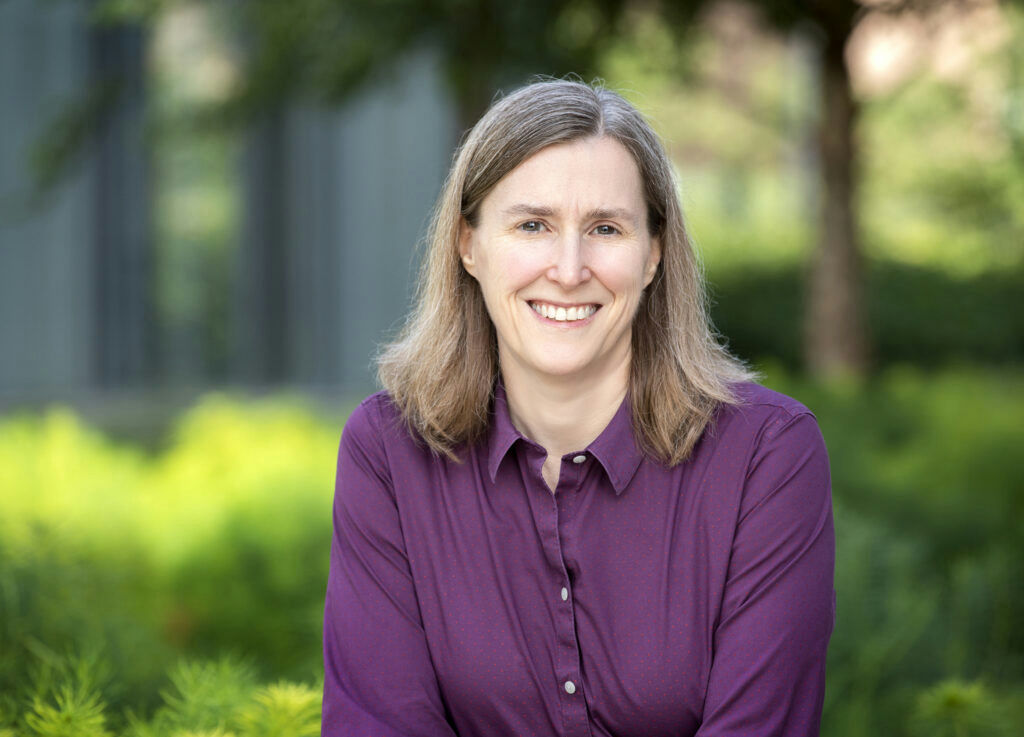Katharine Flores, the Christopher I. Byrnes Professor at the McKelvey School of Engineering at Washington University in St. Louis, received a four-year $475,000 grant from the National Science Foundation (NSF) to support collaborative work on simulation-informed models for additive manufacturing of amorphous metals. The project is part of the NSF’s Designing Materials to Revolutionize and Engineer our Future (DMREF) initiative.
Amorphous metals, also known as metallic glasses, are characterized by their ability to solidify without forming a crystalline structure, a desirable trait in manufacturing where crystallization typically leads to imperfections in traditional metals. However, the rapid cooling required to maintain the amorphous state during additive manufacturing — a 3D-printing technique where objects are produced by adding material layer by layer — can create challenges, including variations in material properties and even crystallization.
To address these limitations, Flores will work with a collaborative team, including researchers from WashU, Johns Hopkins University and the University of Wisconsin-Madison, to use machine learning to derive essential measures of material structure. These insights will provide the foundation for simulation-informed models and tools designed to enable precise predictions of how processing affects the strength and toughness of amorphous metals during 3D printing.
Flores and her collaborators ultimately aim to unlock the full potential of amorphous metals for additive manufacturing through integrating machine-learning methods into the design and production processes. If successful, the resulting materials will boast tailor-made mechanical properties, including superior strength and toughness, even in large-scale production.
Subscribe to AM Chronicle Newsletter to stay connected: https://bit.ly/3fBZ1mP
Follow us on LinkedIn: https://bit.ly/3IjhrFq
Visit for more interesting content on additive manufacturing: https://amchronicle.com


